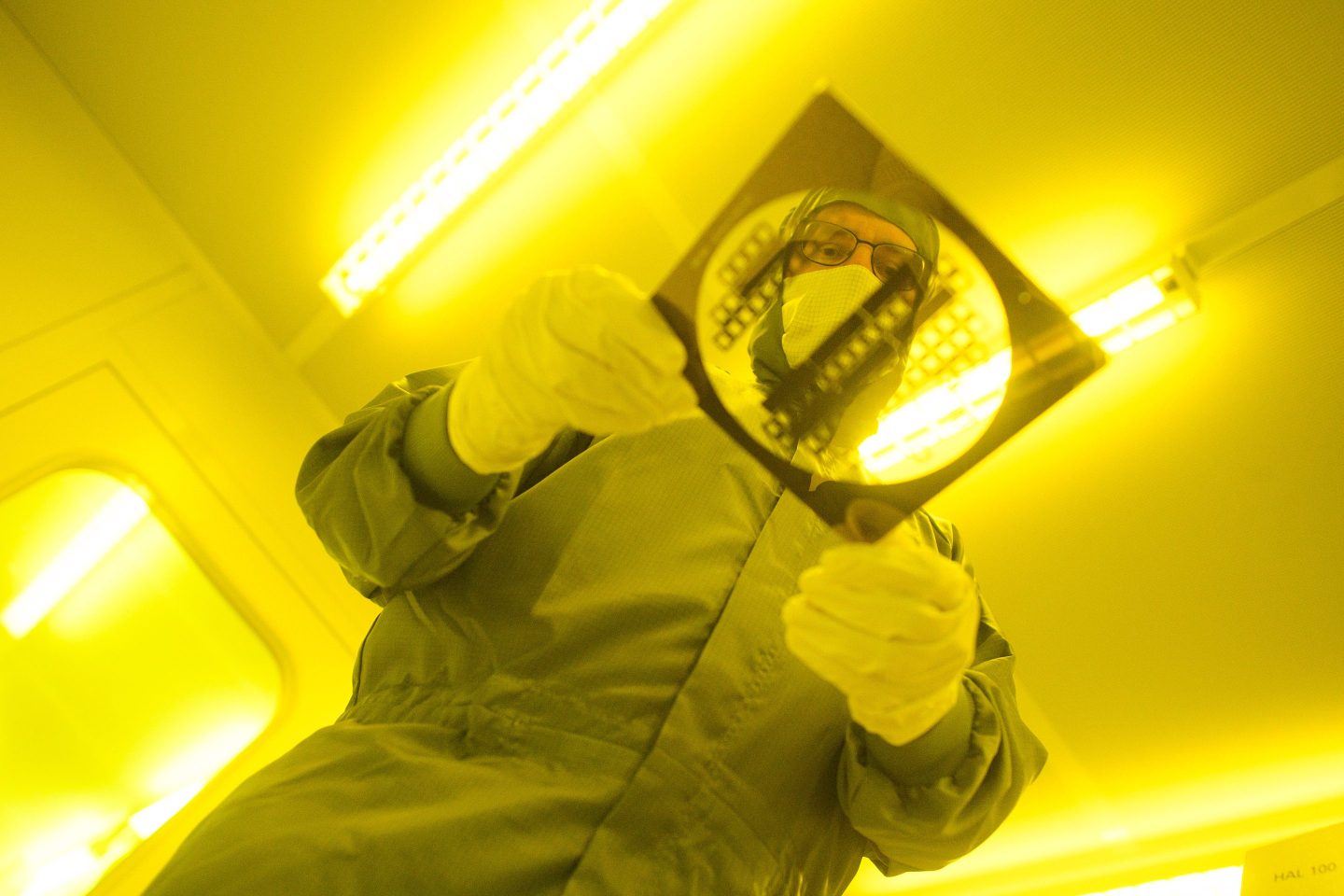Good morning and welcome to 2025.
The new year is set to be a momentous one for tech, with a change in the White House and an expected regulatory reset, driven by what is perhaps the tightest alliance of business and politics in recent history.
You’ve probably read a litany of tech industry predictions by now (I recommend Term Sheet’s “crystal ball” round-up of views from venture capital investors about IPOs and M&A, if you’re looking for insightful prognostications from industry insiders). So rather than stir yet more ingredients into the cauldron of prophesies, I’ll just flag one key area in tech that’s worth keeping an eye on: AI and energy.
The demand for AI services isn’t likely to decrease anytime soon. How we procure the power necessary to train and run these models amid an ever-worsening climate crisis is one of the biggest challenges facing industry leaders and policy-makers. You know the situation is serious when someone is willing to deal with the optics of firing up a nuclear reactor at Three Mile Island.
But there’s no magic bullet (at least not unless we suddenly achieve fusion this year). Successfully addressing the challenge will require a willingness to think creatively, to be flexible and open-minded in our prescriptions, and to be courageous in our actions. Let’s hope our leaders, old and new, are equal to the task.
And with that wish, here’s today’s tech news.—Alexei Oreskovic
Want to send thoughts or suggestions to Data Sheet? Drop a line here.
Intel’s annus horribilis, and the miraculous Mag 7

Intel shareholders were probably not popping the champagne on Tuesday night.
The chipmaker’s stock suffered its worst year ever in 2024, plunging a whopping 61%, CNBC reports. The decline, equal to more than $100 billion in market value, reflects the 56-year-old chipmaker’s crumbling business prospects amid the industry’s shift to AI-friendly GPUs (where Nvidia rules the roost) and a leadership crisis marked by the abrupt departure of CEO Pat Gelsinger in December.
The story was quite different among the so-called Magnificent 7 tech stocks however, with all seven stocks not only ending the year in positive territory, but delivering positively head-spinning returns. Here’s the scorecard:
Alphabet: up 36%
Amazon: up 45%
Apple: up 34%
Meta: up 67%
Microsoft: up 13%
Nvidia: up 173%
Tesla: up 61%
Elon vs. Altman: Enter the “godfather”
Elon Musk picked up an important ally in his legal fight against OpenAI this week, with a Nobel prize winning godfather joining Musk in speaking out against OpenAI’s plans to become a for-profit company.
Geoffrey Hinton, a computer scientist known as the godfather of AI for his pioneering work in the field, said that OpenAI should stick to its original mission, and obligations, of focusing on AI safety.
“OpenAI was founded as an explicitly safety-focused non-profit and made a variety of safety related promises in its charter,” Hinton said in a statement issued by Encode, an advocacy group for “human-centered AI.” OpenAI “received numerous tax and other benefits from its non-profit status. Allowing it to tear all of that up when it becomes inconvenient sends a very bad message to other actors in the ecosystem.”
Encode filed an amicus brief in support of Musk’s lawsuit, which alleges that Musk was deceived into financially supporting OpenAI, which he believed was devoted to the public good rather than pursuing profits. As Fortune has reported, OpenAI plans to restructure itself into a for-profit company this year.
WhatsApp cap on India digital payments lifted
India is WhatsApp’s largest market by users, and the Meta-owned messaging service is going into 2025 with a new opportunity to ramp up its payments business in the country. India’s organization that oversees retail payments systems lifted a cap on WhatsApp’s payments service on Tuesday.
Insead of being limited to offering WhatsApp Pay in India to 100 million users, WhatsApp will now be able to offer it to all 500 million of its users in the country, according to TechCrunch. WhatsApp pay allows users to send and receive money between contacts in the chat app, and to pay businesses for goods.
With the rule change, WhatsApp will have a chance to catch up to Google Pay and Walmart-backed PhonePe, the two most widely used payments services running on India’s unified payments interface.
More data
Meta really is serious about filling our feeds with AI content. A company executive recently gave more details.
A California law barring companies from serving minors “addictive” feeds survived a legal challenge. A judge upheld SB 976, which goes into effect in January 2027.
China is making progress in producing its own chips for electric cars. American officials aren't happy.
Alibaba is backing away from the physical retail business. It's selling its 70% stake in Sun Art Retail Group, a chain of Costco-like superstores.












